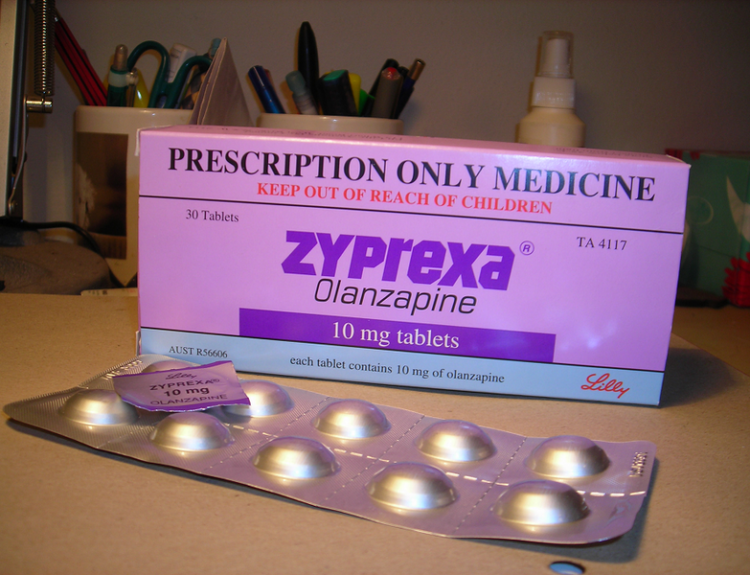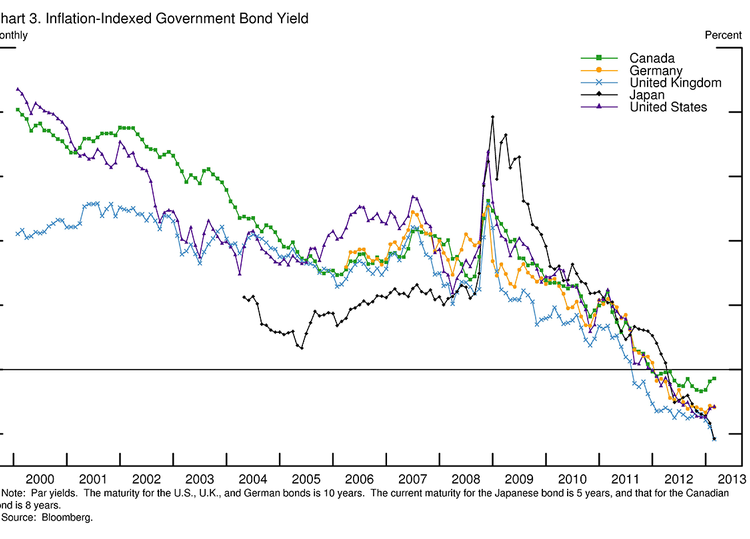Big drugmakers are opting for smaller acquisitions to navigate a challenging market landscape.
- Big pharmaceutical companies are shifting focus to smaller acquisitions valued at $5 billion or less.
- The trend is driven by regulatory challenges and a lack of larger targets available for acquisition.
- All 17 deals announced in the first half of 2024 were under $5 billion, compared to larger deals in previous years.
- Smaller deals are easier to negotiate and integrate, presenting fewer regulatory hurdles.
- Companies like Merck and AbbVie are using smaller acquisitions to diversify their drug pipelines.
In a notable shift, major pharmaceutical companies are increasingly opting for smaller acquisitions, with a focus on targets valued at $5 billion or less. This change comes after years of hefty investments in single biotech firms, where companies like AbbVie, AstraZeneca, and Merck & Co. previously spent tens of billions. The current regulatory environment has made smaller deals more appealing, as they are easier to execute and face fewer hurdles from antitrust regulators. nnResearch from DealForma indicates that all 17 pharmaceutical deals announced in the first half of 2024 were valued at $5 billion or less, a stark contrast to the previous year, which saw nine deals, including two exceeding $10 billion. Notably, nine of these recent deals involved privately held companies, highlighting a trend towards smaller, more manageable acquisitions. nnThe largest deal so far this year was Vertex Pharmaceuticals’ $4.9 billion acquisition of Alpine Immune Sciences, which was deemed a perfect fit for the company’s strategy. Executives from Vertex noted that this acquisition not only fit their budget but also left room for future deals. nnAs the market for larger acquisitions becomes more limited, many pharmaceutical companies are turning to smaller targets to fill gaps in their product lines. The Federal Trade Commission’s increased scrutiny of mergers and acquisitions has also contributed to this trend, as smaller transactions typically encounter fewer regulatory challenges. nnDespite the advantages, smaller deals come with their own risks, as they often involve drugs still in early development stages. However, savvy investors see potential in these early-stage companies, aiming to acquire them before they grow into larger, more expensive entities. nnFor instance, AstraZeneca has made several smaller acquisitions, including a $1 billion deal for Amolyt Pharma, which is in the final stages of testing for a rare disease drug. This strategy aligns with AstraZeneca’s ambitious revenue goals for the coming years. nnJohnson & Johnson has also embraced this trend, acquiring two private companies focused on immune-disease drugs after missing out on larger deals. Meanwhile, Merck has made four small acquisitions this year, including a $1.3 billion deal for EyeBio, to enhance its drug pipeline as it prepares for potential revenue declines from patent expirations. nnOverall, the shift towards smaller acquisitions reflects a strategic response to a challenging market, allowing big pharma to adapt and thrive in a competitive landscape.·
Factuality Level: 8
Factuality Justification: The article provides a detailed overview of recent trends in pharmaceutical acquisitions, supported by data and quotes from industry experts. While it presents a clear narrative, there are minor instances of bias and some assumptions that could be better substantiated. Overall, it maintains a factual basis with relevant information.·
Noise Level: 7
Noise Justification: The article provides a detailed analysis of the shift in pharmaceutical acquisitions from large to smaller deals, supported by data and expert opinions. It discusses the implications of this trend and the reasons behind it, such as regulatory challenges and market conditions. However, while it offers valuable insights, it could benefit from a deeper exploration of the long-term consequences of these changes and more critical examination of the industry’s dynamics.·
Public Companies: Merck & Co. (MRK), AstraZeneca (AZN), AbbVie (ABBV), Vertex Pharmaceuticals (VRTX), Bristol-Myers Squibb (BMY), CSL (CSL), Amgen (AMGN), Pfizer (PFE), Harpoon Therapeutics (HRPN), Landos Biopharma (LABP)
Private Companies: Alpine Immune Sciences,EyeBio,Amolyt Pharma,Celsius Therapeutics,Proteologix,Numab Therapeutics
Key People: Jeffrey Leiden (Chairman of Vertex Pharmaceuticals), Reshma Kewalramani (Chief Executive of Vertex Pharmaceuticals), Andrew Weisenfeld (Managing Partner at MTS Health Partners), Marc Dunoyer (Chief Strategy Officer at AstraZeneca), Joseph Wolk (Chief Financial Officer at Johnson & Johnson), Sunil Patel (Head of Business Development at Merck), Nicholas Donoghoe (Chief Business and Strategy Officer at AbbVie)
Financial Relevance: Yes
Financial Markets Impacted: The article discusses acquisitions in the pharmaceutical industry, impacting companies like Merck, AbbVie, and AstraZeneca, which can influence their stock prices and market positions.
Financial Rating Justification: The article focuses on the trend of smaller acquisitions in the pharmaceutical sector, highlighting how these deals affect major companies’ strategies and financial health, making it relevant to financial topics.·
Presence Of Extreme Event: No
Nature Of Extreme Event: No
Impact Rating Of The Extreme Event: No
Extreme Rating Justification: The article discusses recent trends in pharmaceutical acquisitions and does not mention any extreme events that occurred in the last 48 hours.·
Deal Size: The deal sizes mentioned in the article are as follows:1. Merck’s acquisition of EyeBio for $1.3 billion.2. Merck’s acquisition of Harpoon Therapeutics for $680 million.3. AbbVie’s acquisition of Landos Biopharma for $137.5 million.4. AbbVie’s acquisition of Celsius Therapeutics for $250 million.Since the task is to identify the deal size, I will provide the largest deal size mentioned in the article.The largest deal size is Merck’s acquisition of EyeBio for $1.3 billion.Output: 1300000000
Move Size: No market move size mentioned.
Sector: Healthcare
Direction: Neutral
Magnitude: Medium
Affected Instruments: Stocks
 www.wsj.com
www.wsj.com 





